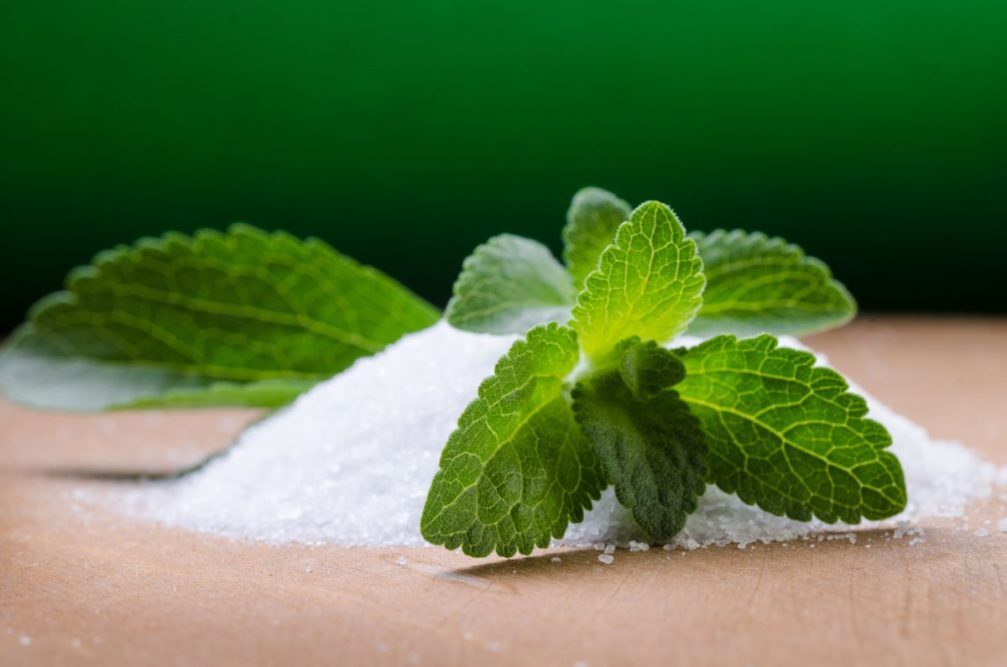WESTCHESTER, ILL. — Reb M, when created through fermentation and bioconversion technologies, has multiple sustainability benefits when compared to sugar, according to a proprietary environmental life cycle assessment of stevia from Ingredion, Inc. Reb M is a steviol glycoside used to reduce sugar in food and beverage applications. A life cycle assessment quantifies potential environmental impacts associated with the life cycle of a product or service.
When compared to sugar, bioconversion Reb M used a sixth of the amount of land, had half the impact on climate change, was 30% more water efficient and used 81% less cumulative energy. When compared to sugar, fermented sugar cane Reb M used an eighth of the amount of land, had 82% less of an impact on climate change, was 99% more water efficient and used 88% less cumulative energy.
“Our latest findings clearly show that all of our stevia production methods consistently outperform sugar across four key sustainability metrics due to recent innovations in Reb M stevia production,” said Kurt Callaghan, global strategic director for sugar reduction at Westchester-based Ingredion. “Reb M has enabled mass-market adoption of stevia by delivering great-tasting food and beverage products. Our bioconversion and fermentation capabilities will allow the industry to achieve the same great taste at an even more affordable price while dramatically improving the environmental impacts.”
Ingredion offers Reb M from three production technologies: extract, bioconversion and fermentation. The company’s Starleaf agronomy program allows for the extraction of more Reb M directly from proprietary stevia varietals than conventional stevia plants. The bioconversion method mimics the stevia plant’s natural process to deliver cost efficiency with minimal processing. A patented fermentation process takes sugar cane and converts it into Reb M.




